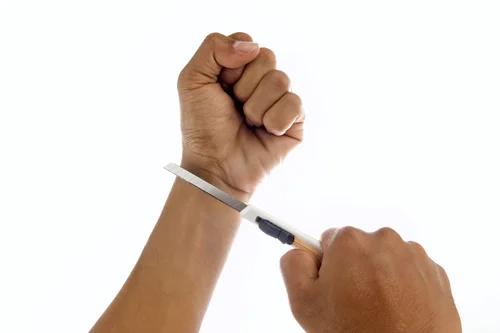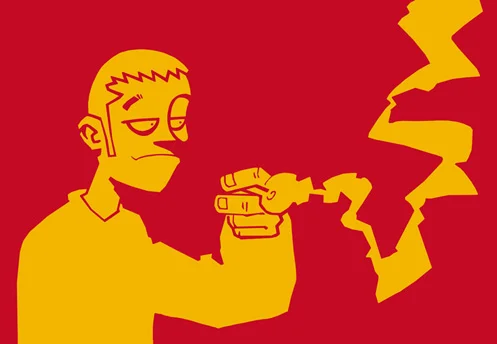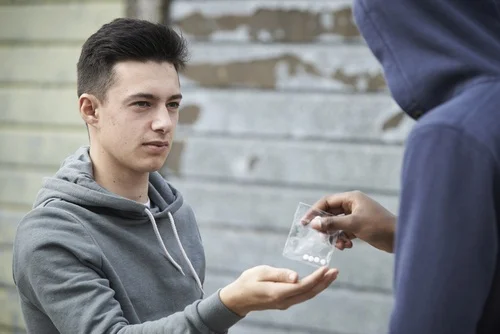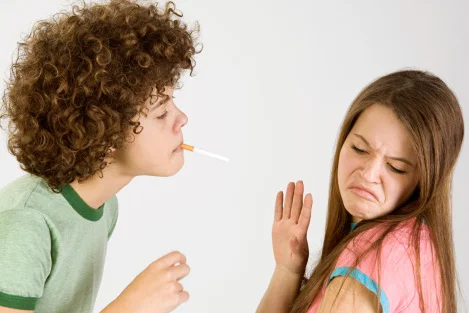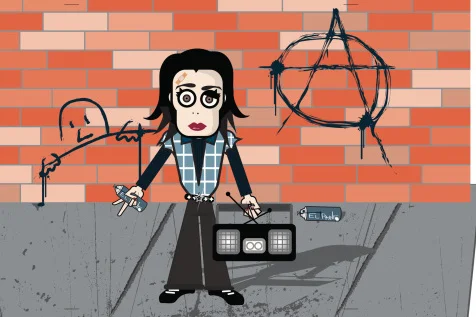+1 845 259 2974 (11 a.m to 7 p.m CST)
Harmful Effects of Drug Abuse on Teens’ Health
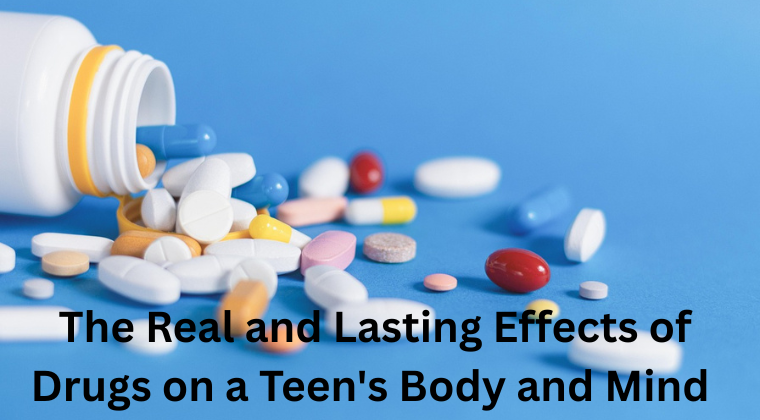
Trying new things and testing boundaries is a normal part of being a teenager. It's how young people learn about themselves and the world around them. But when this natural curiosity leads to experimenting with drugs or alcohol, the consequences can be severe and long-lasting. Unlike adults, teenagers' brains and bodies are still developing, which makes them particularly vulnerable to the harmful effects of these substances.
This isn't just about breaking rules or getting into trouble - it's about protecting physical health, mental wellbeing, and future opportunities. When a young person uses drugs or alcohol, they're risking much more than they might realise.
Why Young Brains Are Especially at Risk
Understanding why drugs affect teenagers differently than adults starts with knowing how the brain develops. The human brain continues developing until a person's mid-20s. The last part to fully develop is the prefrontal cortex, which is responsible for decision-making, impulse control, and thinking about consequences.
This developing brain structure explains much about what makes a teenager experiment with drugs - they're naturally curious, often impulsive, and their brains haven't yet fully developed the ability to always make the safest choices.
Because their brains are still forming important connections, drugs and alcohol can interfere with this natural development process. Substances can literally change how the brain grows, leading to problems that might affect them for years to come.
How Drugs Damage the Developing Brain
Drugs and alcohol disrupt the brain's natural communication system. They affect how brain cells send, recieve, and process information. This interference can lead to several serious problems:
- Learning and Memory Difficulties: Students who use drugs often find it harder to concentrate in class, absorb new information, and remember what they've learned. This can quickly lead to falling grades and lost educational opportunities.
- Poor Decision-Making: Substances increase impulsivity and reduce inhibitions. This combination can lead to dangerous choices like driving under the influence, engaging in unprotected sex, or trying more dangerous drugs.
- Mental Health Issues: Drug and alcohol use can either cause or worsen mental health conditions like anxiety, depression, and paranoia. Many teenagers mistakenly use substances to self-medicate difficult feelings.
- Addiction Risk: The adolescent brain develops addiction much faster than the adult brain. What begins as occasional experimentation can rapidly become a compulsive need.
Physical Health Consequences: How Drugs Harm the Body
The damage extends far beyond the brain. Different substances cause different physical health problems, but some effects are common across many drugs:
- Heart and Lung Damage: Stimulants like cocaine, ecstasy, or even nicotine from vaping can cause rapid heart rate, high blood pressure, and long-term damage to the cardiovascular system. Smoking drugs damages lung tissue and can lead to chronic breathing problems.
- Liver and Kidney Damage: These vital organs work to filter toxins from the body. Regular drug or alcohol use overloads these systems, potentially leading to organ damage, failure, or disease.
- Appearance Changes: Drugs can cause severe acne, tooth decay (especially with methamphetamine), premature ageing, and significant weight changes.
- Weakened Immune System: Substance abuse makes the body less able to fight off infections. Regular users often find they get sick more frequently and take longer to recover from common illnesses.
- Nutritional Deficiencies: Many drugs suppress appetite or interfere with the body's ability to absorb nutrients. Teenagers who use substances regularly may not be getting the proper nutrition their growing bodies need, leading to additional health problems.
It's important to note that smoking is often a gateway to other drug use. Understanding 5 ways to keep your teen away from smoking provides a crucial foundation for preventing more serious substance abuse issues later on.
Social and Behavioural Consequences: The Ripple Effects
The impact of teen drug use extends into every area of life, affecting relationships, education, and future opportunities:
- Damaged Relationships: Substance use often causes arguments, broken trust, and isolation from family members and healthy friends. Teens may withdraw from family activities or abandon old friends who don't use drugs, instead spending time with others who share their habit.
- Academic Problems: Falling grades, skipped classes, and lost interest in school activities are common among teens using substances.
- Legal Troubles: Possession of illegal drugs can lead to criminal charges that create a permanent record. This can affect future employment opportunities, travel possibilities, and educational prospects.
- Financial Strain: Supporting a drug habit is expensive. Teens may spend money meant for other purposes on drugs, or even resort to stealing from family members or shops to fund their addiction.
Teens are heavily influenced by their environment and what they see in media. The glamorisation of substance use in some music, films, and social media can make dangerous behaviour seem attractive or normal. This is why it's important to understand how teenage addicts learning from popular youth culture can lead to mistaken beliefs about the safety and acceptability of drug use.
Prevention and Support: How to Help Teens Make Good Choices
The good news is that teen drug abuse is preventable, and help is available for those who need it. Here are some practical steps for prevention and support:
- Open Communication: Have honest, calm conversations about drugs and alcohol early and often. Make it clear they can come to you with questions or concerns without immediate punishment. factual information presented without drama or exaggeration is most effective.
- Set Clear Expectations: While maintaining open communication, also set clear rules and consequences regarding substance use. Teens need boundaries, even when they test them. Consistency between parents and caregivers is important.
- Be a Good Role Model: Your own behaviour with substances, including alcohol and prescription medications, sends a powerful message. Model responsible use and healthy ways to manage stress and have fun without substances.
- Know the Signs: Learn to recognise potential signs of substance use, such as sudden changes in friend groups, declining grades, loss of interest in hobbies, changes in sleep patterns, or unexplained need for money. Early intervention makes a significant difference.
- Create Healthy Alternatives: Help teens find positive ways to have fun, manage stress, and build confidence through sports, arts, volunteering, or other engaging activities. Boredom and lack of positive outlets can contribute to substance experimentation.
- Seek Professional Help: If you suspect a problem, don't hesitate to contact a doctor, school counselor, or addiction specialist. Addiction is a medical condition that requires proper treatment, not a moral failing. There are many effective treatments available, and seeking help early leads to better outcomes.
The Bottom Line
Choosing to use drugs or alcohol as a teenager risks the most valuable assets a young person has: their health, their relationships, and their future opportunities. The temporary excitement or escape offered by substances isn't worth the potential long-term damage to their developing brain and body. The choices made during adolescence can shape the course of a person's life in significant ways.
By understanding the real risks, maintaining open communication, and providing proper support and guidance, we can help protect young people from the harmful effects of substance abuse. Every teenager deserves the chance to develop into their healthiest, happiest self without the interference of drugs or alcohol. With the right information and support, they can acheive their full potential and build a future they can look forward to.

